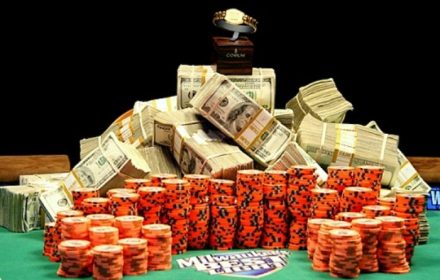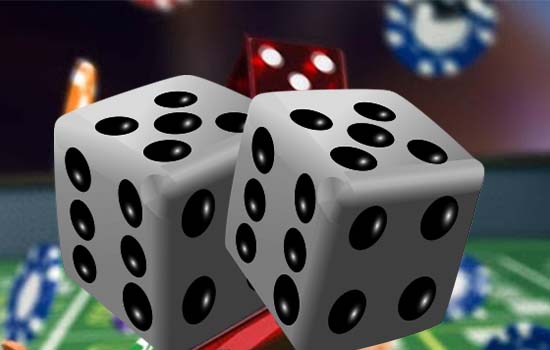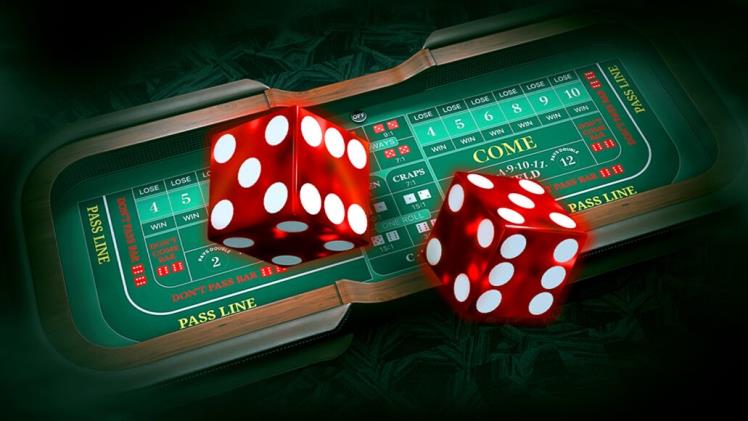
The Martingale strategy in casinos always attracts interest from players looking to manage risk and keep results under control. The method is based on mathematics and strict discipline, requiring an understanding of the specific game rules, probability calculations, and limits. First applied in France in the 18th century in roulette, the system gained popularity in …

The biggest wins in gambling break the usual boundaries of statistics and common sense. Huge sums turn ordinary bets into global sensations, and random events into economic legends. Stories of incredible victories prove that one record changes not only the balance of a casino or lottery but also the global perception of risk, luck, and …

Every money transfer process reveals the dynamics of online casinos and digital technologies. Withdrawing funds to a mobile device has long become an indicator of a casino’s reliability. Transaction speed and clear rules now determine trust in the operator, while fees and limits have become filters for selecting the best conditions. The market demonstrates a …

Winning strategies in online casinos in 2025 no longer resemble a set of outdated techniques from forums. Slot algorithms change payout frequencies, and providers integrate AI for dynamic RTP control. In the gaming industry, turnover has exceeded $110 billion, victory requires precise calculation, discipline, and clear data. Winning strategies in online casinos in 2025: from …

The question of how to win at a casino is of interest to every novice player who is opening up the world of gambling on the internet for the first time. The gaming environment combines numbers, strategies, and psychology. Unlike random clicking on a slot machine, a systematic approach turns the game into a manageable …

Players and investors are interested in how crypto casinos work. These platforms have quickly occupied a separate niche because they have changed the rules of traditional gambling: money has been replaced by bitcoin and other digital assets, and transparency is ensured by blockchain. We are not talking about cosmetic improvements, but about a fundamental change …

Depositing in a casino is not just about adding funds to your account. It’s an act of entering the game with real money, not simulation. Specifically in craps, a deposit triggers a chain reaction where the player’s funds instantly convert into an active bet. The payment operation becomes part of the overall pace of the …

Online casinos have firmly entered digital culture, turning entertainment into a billion-dollar industry. Every day, millions of users visit platforms like 1xSlots, Pin-Up, Mostbet, or JoyCasino, aiming not only to test their luck but also to use well-thought-out strategies to increase their chances of winning. A superficial approach based on intuition rarely brings results. Only …

The development of artificial intelligence is shaping new vectors in the entertainment industry, including online gambling. Machine learning tools analyze player behavior, adapt content, and also participate in risk management. However, there is a growing interest in whether neural networks can beat the casino using mathematical algorithms, game theory models, and big data analytics. The …

How to play through the wager — a question that marks the beginning of the journey for every player who decides to take advantage of online casino bonuses. At first glance, the wagering system may seem confusing, but in reality, it is logical and calculable. The wager is not a barrier, but a filtering tool …

Dice gambling has long been synonymous with dynamics, noisy excitement, and collective play. Among them, craps occupies a separate niche thanks to its speed, high variability of bets, and unique atmosphere. With the transition to the digital world, the game has acquired many variations that either simplify or deepen the mechanics. To understand what formats …

Gambling has long become an integral part of the cinematic narrative. The best casino movies use card tables, roulette wheels, and bets not just as props, but as a metaphor for risk, control, luck, and fate. This world on the brink of winning and losing becomes the perfect environment for tense thrillers, ironic comedies, and …